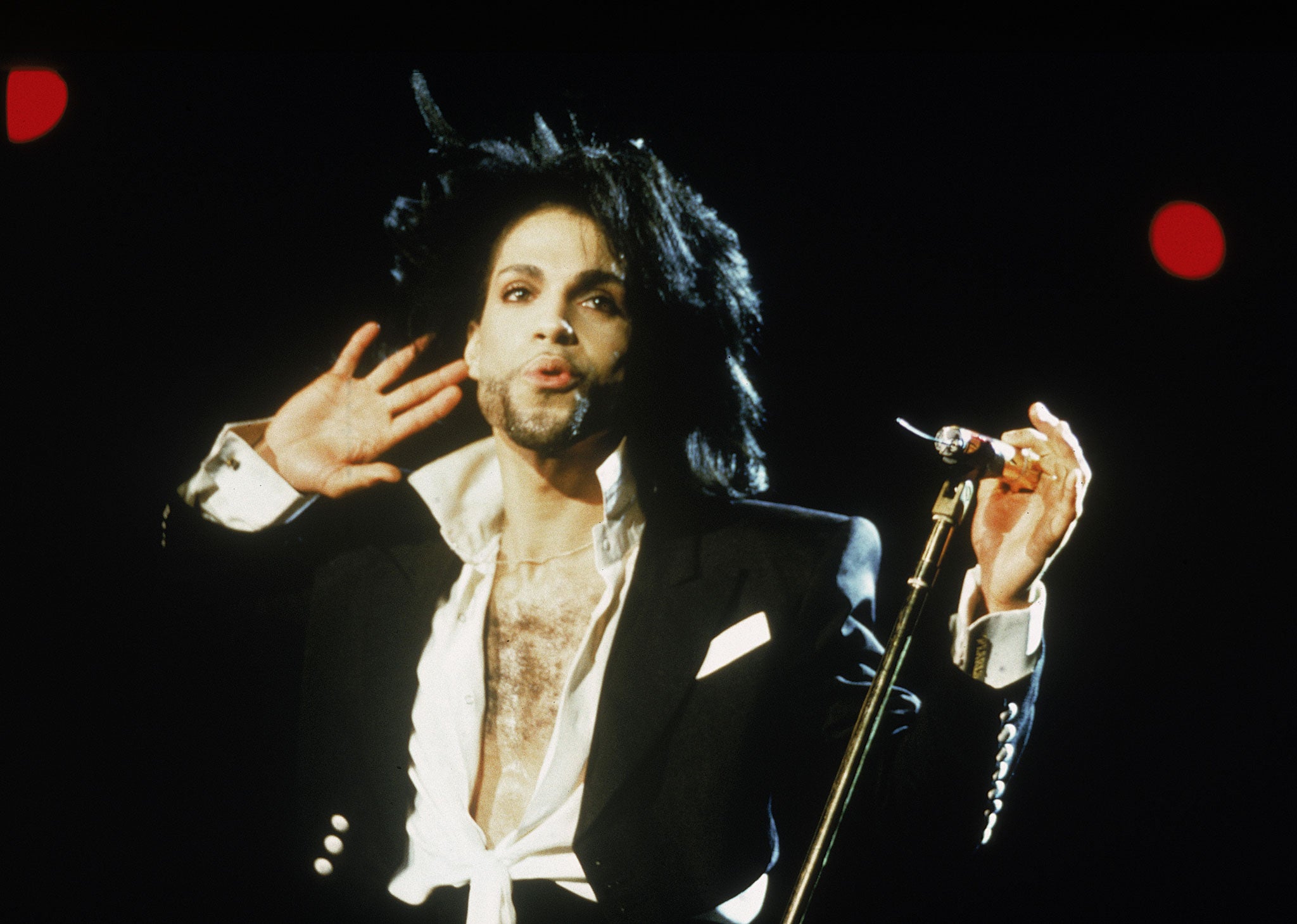The FTSE 100 is inching closer to its record high but can it maintain these levels?
In 1999 stock markets quickly tumbled, losing many a fortune in the process

It's just over 15 years since the Footsie reached its record high, and this week it has inched close to that 6,930 mark. Back in 1999 stock markets quickly tumbled, losing many a fortune in the process, but are they likely to do the same now? Or will they kick on to new highs, with the Footsie quickly passing the 7,000 level?
Adrian Lowcock of AXA Wealth said: "The December 1999 all-time has become a major psychological barrier for investors in recent years. In the past two years the FTSE 100 has repeatedly neared a new all-time high and on 20 separate trading days it has come within 100 points.
"But each time it has been close, the market has pulled back. However, when looking at the FTSE 100 with dividends included, it reached a new all-time high on January 2006 and has been repeatedly doing so since then."
In short, if you had invested £10,000 when the Footsie reached its record level on 31 December 1999 it would be worth £16,628 today, taking account of dividend income. But dividends are not enough reward in a falling market, which could be the case if the current bull run comes to an end. Whether it will do so is impossible to predict.
Brian Dennehy of FundExpert said: "If the Footsie breaks 7,000 its significance is largely psychological. Long-term investors with considerable profits intact might be convinced to take them. On the other hand, those who are typically late to the party will be seen buying – and then the market will move from strong hands to weak hands."
Danny Cox of Hargreaves Lansdown said: "The 6,930 level has been somewhat of a psychological barrier for some time now. Once the FTSE 100 breaks through you could easily see it push on through 7,000.
"The UK economy is in decent shape with low inflation, low interest rates, rising employment and rising wages but against this the UK election could see investors sit on their hands and there remain global issues such as in Greece and Ukraine which cast a shadow over sentiment."
Darius MacDermott of Chelsea Financial Services also warned of external influences on UK markets. "The geopolitical issues around the world, such as the troubles in Ukraine and falling oil prices, and the big one in May when we face a general election in the UK, means there's lots of potential for political instability coming up," he warned. "If we end up with a weakened government because of a new coalition or partnership, then that just won't be good for markets."
He admitted he was quite cautious at the moment. "I certainly wouldn't be thinking of steaming into equities, but it is coming up to the end of the tax year and the last opportunity to use this year's Isa allowance. I'd be looking at something like property funds, from which I am fairly confident of single-digit returns this year."
Experts agree that despite the relative highs, the market remains good value at the moment. "It's not stupidly expensive although it's not a roaring buy," Mr MacDermott said.
Mr Cox said: "The UK market is neither cheap nor expensive at the moment. The headline index doesn't tell us anything about how stock prices relate to company earnings. The UK's largest companies are currently at around 16 times earnings compared with a long-term average of around 15 times, so investors should not get spooked by the FTSE 100 reaching an all time high."
Mr Dennehy had a warning, however. "The UK stock market is now at an above average valuation, though not very expensive. A sustainable, long-term bull market cannot be build from a position of above-average valuations. A bull market is a journey from low valuations to high valuations, and this one – which started in 2009 – is already quite mature."
He reiterated the points made by others about being aware of global issues. "Taken together, the problems in Greece, the oil price plunge, and the strengthening dollar are symptoms of much bigger longer term issues, and these must inform your views on how you approach investing, not just today, but for many years ahead."
UPS AND DOWNS: HOW FOOTSIE CHANGED
The FTSE 100 index is just a snapshot of the UK's 100 largest stock market-listed companies and does not necessarily reflect the full potential for the economy or investment returns. As Adrian Lowcock points out: "In the past 15 years, the FTSE 100 has experienced some major events such as thedotcom bubble, two bull and two bear markets, as well as the financial crisis of 2007-8, which has resulted in a significantly different index today."
The five largest stocks listed on the FTSE 100 back in December 1999 were BP Amoco, accounting for 8.67 per cent of the Footsie, British Telecommunications (7.03 per cent), Vodafone Airtouch (6.82 per cent), HSBC Holdings (5.22 per cent) and Glaxo Wellcome (4.55 per cent).
The five largest stocks now are HSBC Holdings (6.78 per cent), Royal Dutch Shell A |(4.63 per cent), BP (4.51 per cent), GlaxoSmithKline (4.16 per cent) and British American Tobacco (4.08 per cent).
Meanwhile, the FTSE's Consumer Goods sector was the sixth-largest back in 1999, accounting for 5.54 per cent of the index. It is now the second-largest and accounts for 17.26 per cent of the index.
But some things haven't changed: financials is still by far the largest sector, and has only slipped from a 23.49 per cent share in 1999 to 22.28 per cent now.
Subscribe to Independent Premium to bookmark this article
Want to bookmark your favourite articles and stories to read or reference later? Start your Independent Premium subscription today.

Join our commenting forum
Join thought-provoking conversations, follow other Independent readers and see their replies